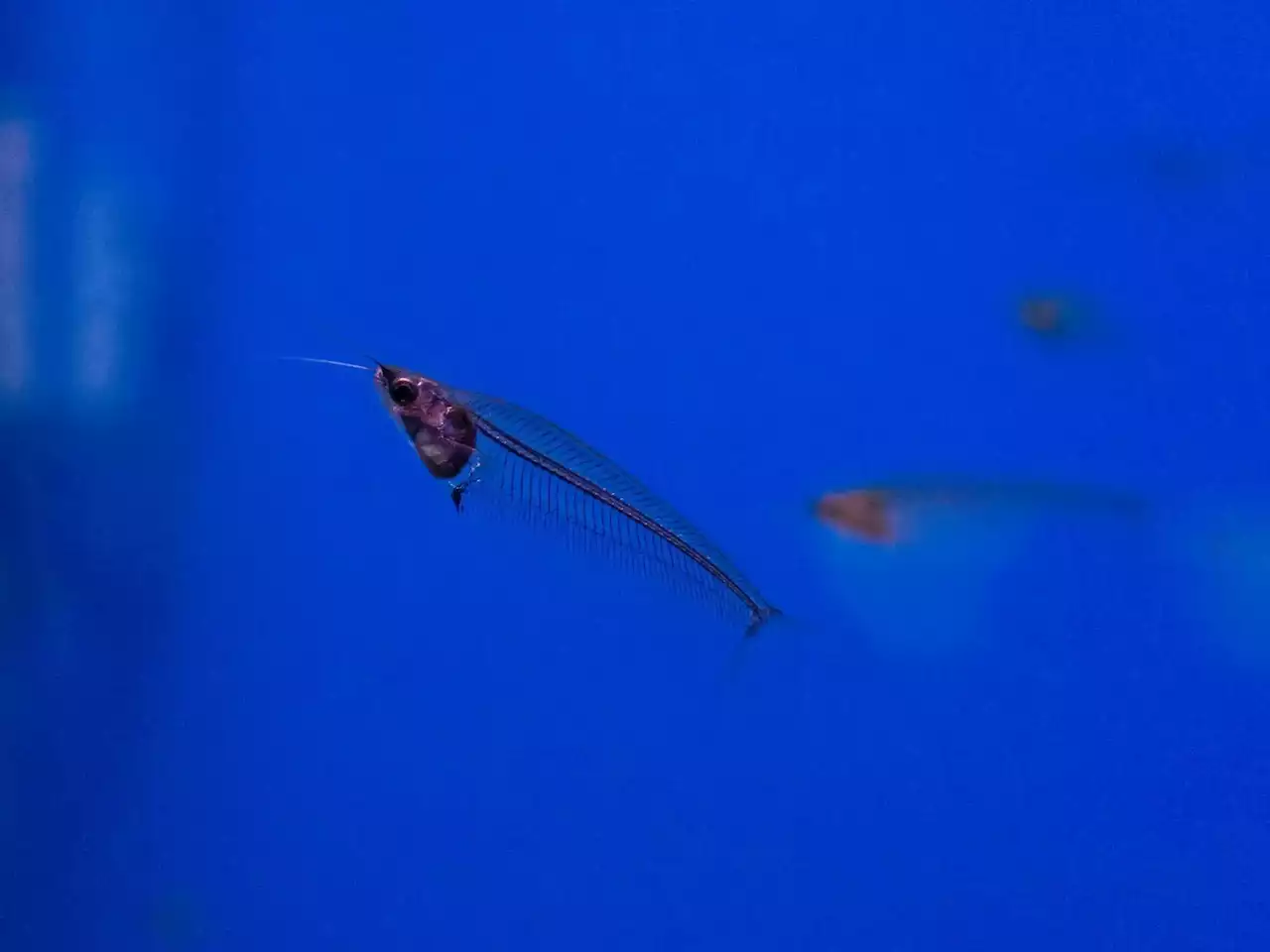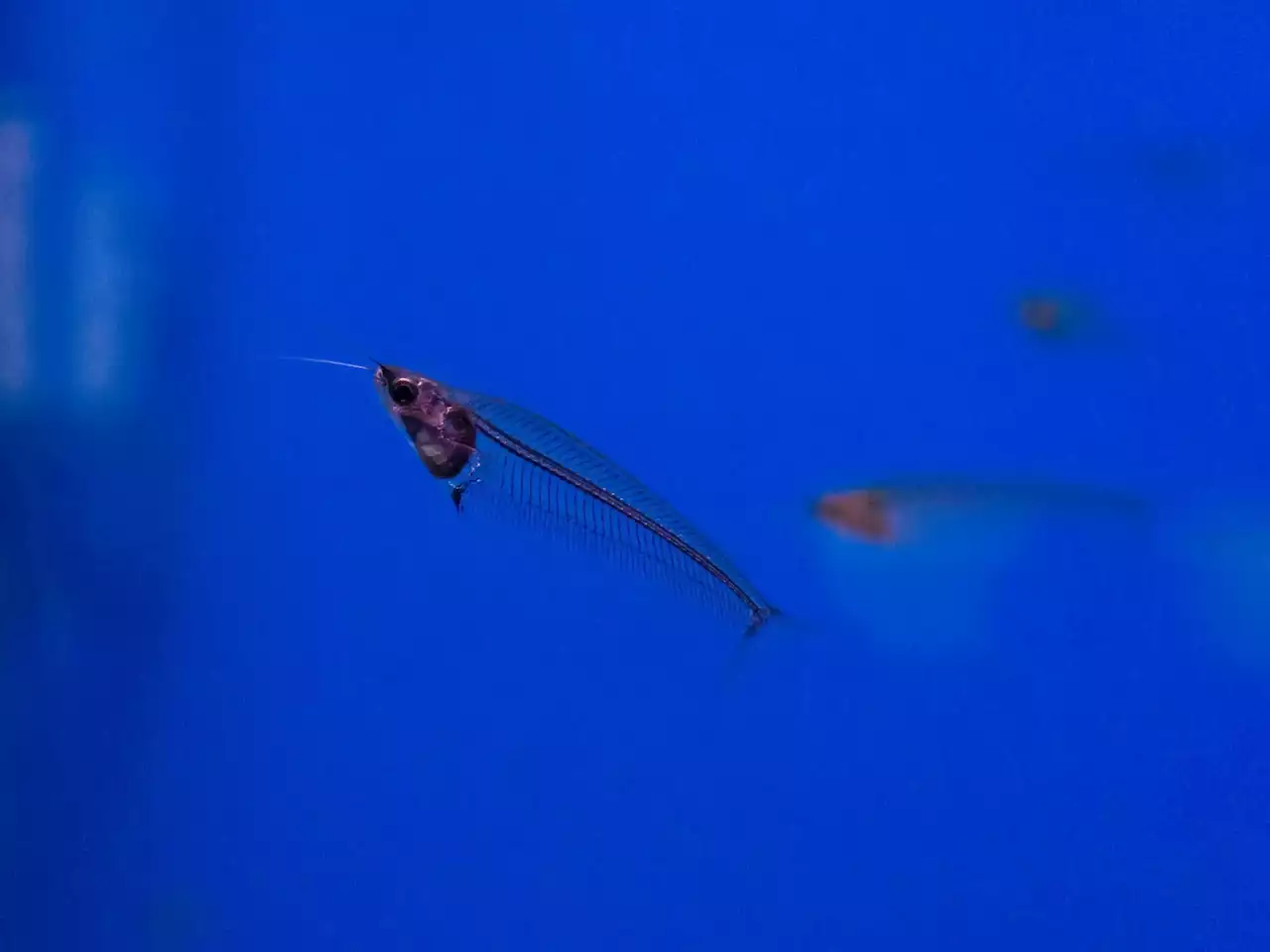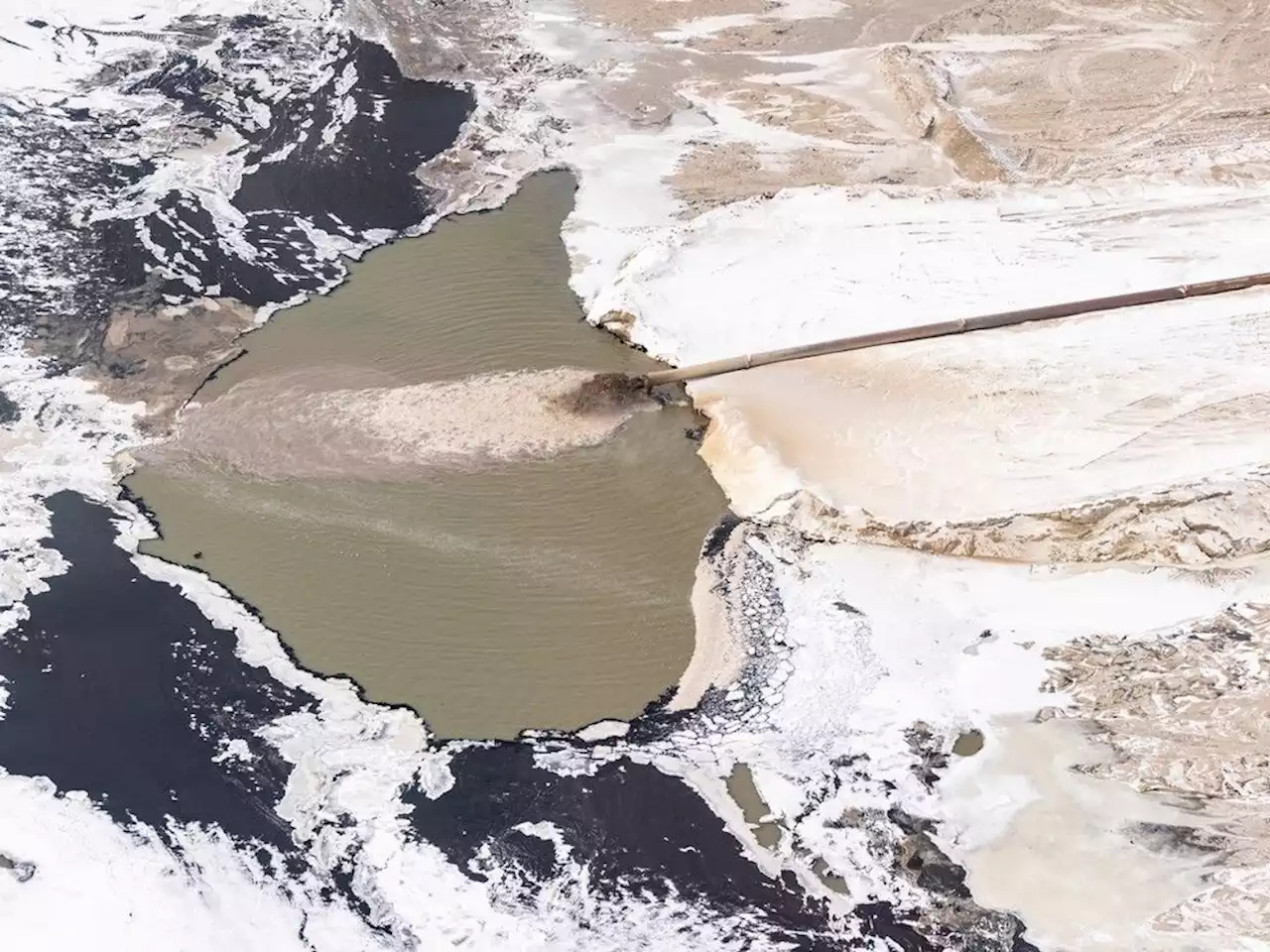An international team of scientists discovered water near an infant star thousands of light-years away — and they think Earth’s water came from the same place.
, suggest the water we drink, bathe in, originates from the space between solar systems, billions of years before the birth of our sun.
HDO forms when, instead of an oxygen atom bonding to two hydrogen atoms, it attaches to one hydrogen and one rare deuterium atom. Deuterium is like hydrogen but slightly heavier, due to its nucleus carrying an extra neutron. Their breakthrough happened when, for the first time ever, the team managed to detect water among the swirling, preplanetary disk of dust and matter around a newly-formed star. Named V883 Orionis, their target can be found in the Orion constellation, roughly 1,305 light-years from Earth.
This interstellar space mostly contains hydrogen, with a sprinkle of helium and a minuscule dash of deuterium, Murray continued — all elements formed in the aftermath of the Big Bang. However, there also exists oxygen, carbon, nitrogen and myriad other elements spat out by neighbouring stars as they undergo fusion.
According to Tobin and his team’s findings, the ice from the cloud is the same water distributed throughout comets and planets.
France Dernières Nouvelles, France Actualités
Similar News:Vous pouvez également lire des articles d'actualité similaires à celui-ci que nous avons collectés auprès d'autres sources d'information.
 Scientists aim to track caribou, ticks and more, like forecasting weather, amid warming climate | CBC RadioTraditionally, conservation and environmental management might be based on stable or historical norms. But with climate change in the mix, scientists are pooling information as they work toward making forecasts that will help people respond to environmental threats before they happen.
Scientists aim to track caribou, ticks and more, like forecasting weather, amid warming climate | CBC RadioTraditionally, conservation and environmental management might be based on stable or historical norms. But with climate change in the mix, scientists are pooling information as they work toward making forecasts that will help people respond to environmental threats before they happen.
Lire la suite »
 UBC scientists create new AI that predicts cancer patient survivalScientists from the University of British Columbia and BC Cancer have developed a new AI that can accurately predict how long a cancer patient will live, just by reading a doctor’s notes.
UBC scientists create new AI that predicts cancer patient survivalScientists from the University of British Columbia and BC Cancer have developed a new AI that can accurately predict how long a cancer patient will live, just by reading a doctor’s notes.
Lire la suite »
 Scientists discover how see-through ghost catfish gets its rainbow shimmerYou can see right through this little aquarium fish from Thailand: Its skin is almost completely transparent.
Scientists discover how see-through ghost catfish gets its rainbow shimmerYou can see right through this little aquarium fish from Thailand: Its skin is almost completely transparent.
Lire la suite »
 Scientists discover how see-through ghost catfish gets its rainbow shimmerYou can see right through this little aquarium fish from Thailand: Its skin is almost completely transparent.
Scientists discover how see-through ghost catfish gets its rainbow shimmerYou can see right through this little aquarium fish from Thailand: Its skin is almost completely transparent.
Lire la suite »
 Scientists say Kearl oilsands tailing pond spills harmed fishECCC says samples were collected at the Kearl site north of Fort McMurray on March 8. Their team also met with the AER and Imperial Oil.
Scientists say Kearl oilsands tailing pond spills harmed fishECCC says samples were collected at the Kearl site north of Fort McMurray on March 8. Their team also met with the AER and Imperial Oil.
Lire la suite »
 Scientists say Kearl oilsands tailing pond spills harmed fishECCC says samples were collected at the Kearl site north of Fort McMurray on March 8. Their team also met with the AER and Imperial Oil.
Scientists say Kearl oilsands tailing pond spills harmed fishECCC says samples were collected at the Kearl site north of Fort McMurray on March 8. Their team also met with the AER and Imperial Oil.
Lire la suite »
